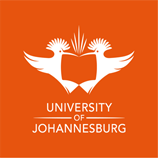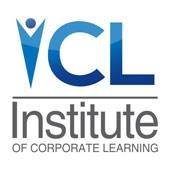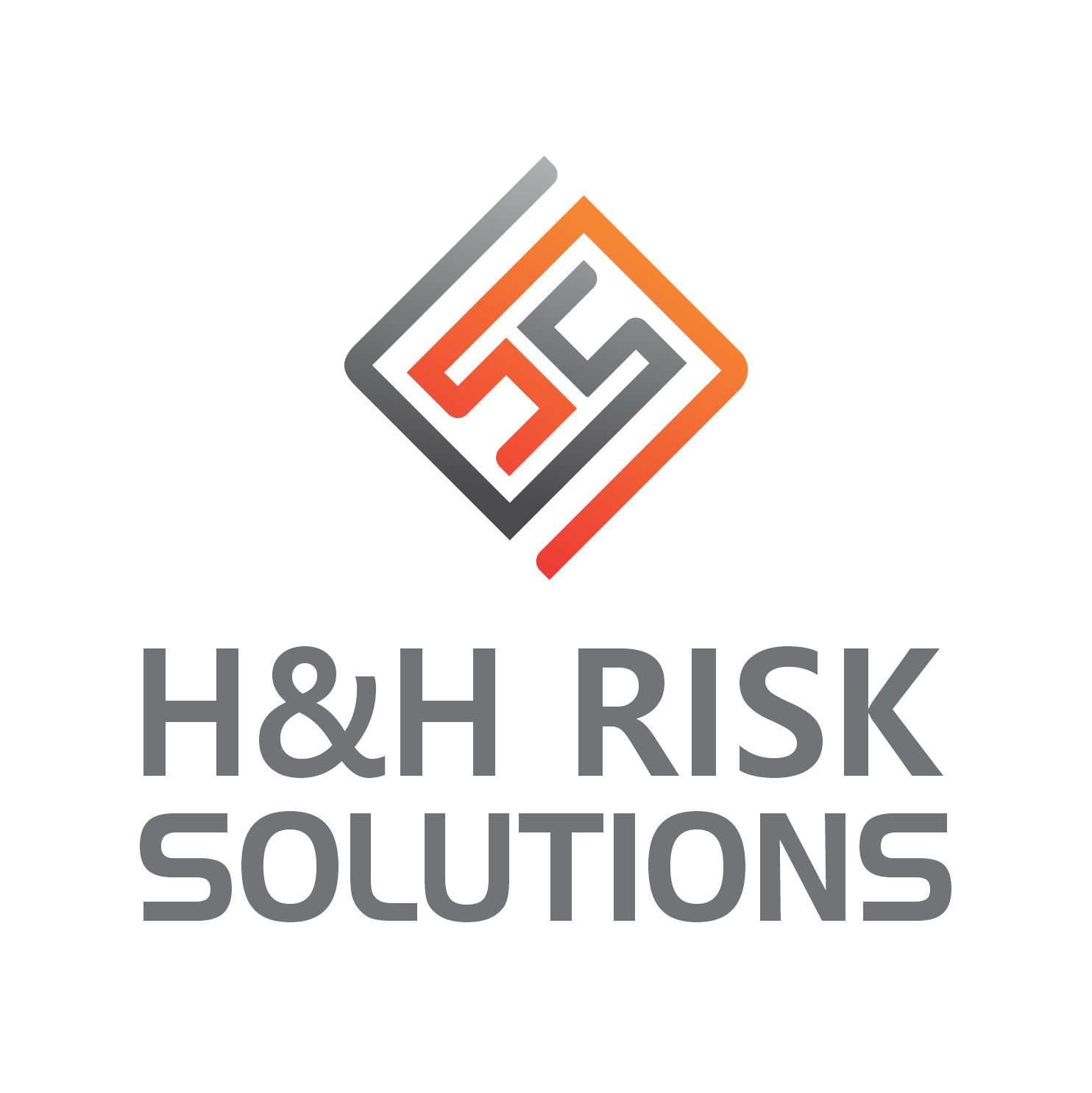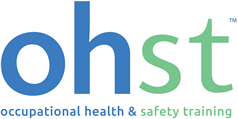Students and professionals have been increasingly showing interests to enroll for a short learning programme that offer knowledge and competencies in environmental risk assessment, principles and premises of social and environmental sustainability as well as sustainability science. This demand is n

Students and professionals have been increasingly showing interests to enroll for a short learning programme that offer knowledge and competencies in environmental risk assessment, principles and premises of social and environmental sustainability as well as sustainability science.
This demand is necessitated by the growing realization at various geographical scales that human activities are undertaken in an unsustainable manner and we are likely to exceed the limits of acceptable environmental change, thus depleting our natural capital and impairing the functioning of the biosphere.
Thus, it is the important to introduce a governance strategy that can ensure that the environmental impacts of our lifestyles, products and processes do not adversely affect the biosphere. One way to achieve this goal is through environmental management compliance and meeting a growing number of sustainability targets and goals as minimum requirements for carrying out successful strategies for planning, especially at a regional and global scales.
Furthermore, developing knowledge and interrogating issues around sustainability is in line with many of the Sustainable Development Goals announced by the United Nations in 2015. For example Goal No. 11 seeks to improve resource use and reduce pollution and poverty within human settlements and neighbourhoods by emphasizing pollution prevention and where this is not possible, the removal of wastes from pollution sites for recycling purposes.
Similarly, Goal No.12 is about sustainable consumption and production through resource and energy efficiency, sustainable infrastructure, and providing access to basic services, green and decent jobs and a better quality of life for all.
In addition, sustainability is also demanded when it comes to most international environmental conventions which offer guidelines in the development of international codes of good environmental practices. Even at a local scale, manufacturing and service-oriented companies are forced to commit themselves to produce environmentally friendly goods and services.
Given these mega imperatives, there is a surge of interest in the hiring of environmental managers and other professionals with a sustainability outlook, a concept and skill that is not always addressed in a satisfactory manner at high school and university level in terms of what it means, and how it can be measured and enhanced. It is therefore important to orientate all stakeholders towards environmental risk management while creating awareness of the value of sustainable business practices. Sustainable solutions are those that offer stability, durability, resilience, and robustness in specified qualities of human wellbeing, social equity and environmental quality.
Therefore, understanding and managing the different environmental risks associated with human activities and companies is critical towards achieving long term sustainability goals such as saving energy, reducing air and water pollution, and recycling wastes, thus improving environmental quality.
Vibrant, multicultural and dynamic, the University of Johannesburg (UJ) shares the pace and energy of cosmopolitan Johannesburg, the city whose name it carries. Proudly South African, the university is alive down to its African roots, and well-prepared for its role in actualizing the potential that higher education holds for the continent's development.
UJ has transformed into a diverse, inclusive, transformational, and collegial institution, with a student population of over 50 000, of which more than 3000 are international students from 80 countries. This makes UJ one of the largest contact universities in South Africa (SA) from the 26 public universities that make up the higher education system.
The vision of the UJ is to be "an international University of choice, anchored in Africa, dynamically shaping the future". The mission can be described as follows: "inspiring its community to transform and serve humanity through innovation and the collaborative pursuit of knowledge".
These are underpinned by four values, namely: imagination, conversation, regeneration and ethical foundation.
The six strategic objectives provide a focused means for realising the Vision, Mission and Values of the University as set out above. They further represent a re-working of the original UJ Strategic Thrusts 2020 in the context of a wider positioning of the University as "The Pan-African" Centre for Critical Intellectual Inquiry, with the primary goal of achieving global excellence and stature.
The six strategic objectives are:
Recognized as the country's second strongest brand, UJ offers world-class, internationally recognized academic programmes based on curricula informed by cutting-edge developments in both undergraduate and postgraduate education, and that are designed to prepare students for the world of work and for global citizenship.
Our curriculum is increasingly reflective of previously marginalized scholarship that talks to a transformation and decolonisation agenda, with Africa at its core.

The implementation course provides the participant with an in-depth level of knowledge on the requirements of ISO 14001:2015 standard. Our course is designed for personnel who are responsible for the development and implementation of environmental management systems.

Environmental Health & Safety Risk Management (EHS) course is offered by Institute of Corporate Learning.

The implementation course provides the participant with an in-depth level of knowledge on the requirements of ISO 14001:2015 standard. Our course is designed for personnel who are responsible for the development and implementation of environmental management systems.

Introduction To ISO 14001 course is offered by Frontline Shq Solutions. The objective is to assist Companies to comply with legislation at the very least, and where required, International Standards. Frontline SHEQ Solutions is an innovative and progressive Risk Management Company.

Learn how environmental ethics and human values affect our ability to understand and solve environmental problems
© 2025 coursetakers.com All Rights Reserved. Terms and Conditions of use | Privacy Policy